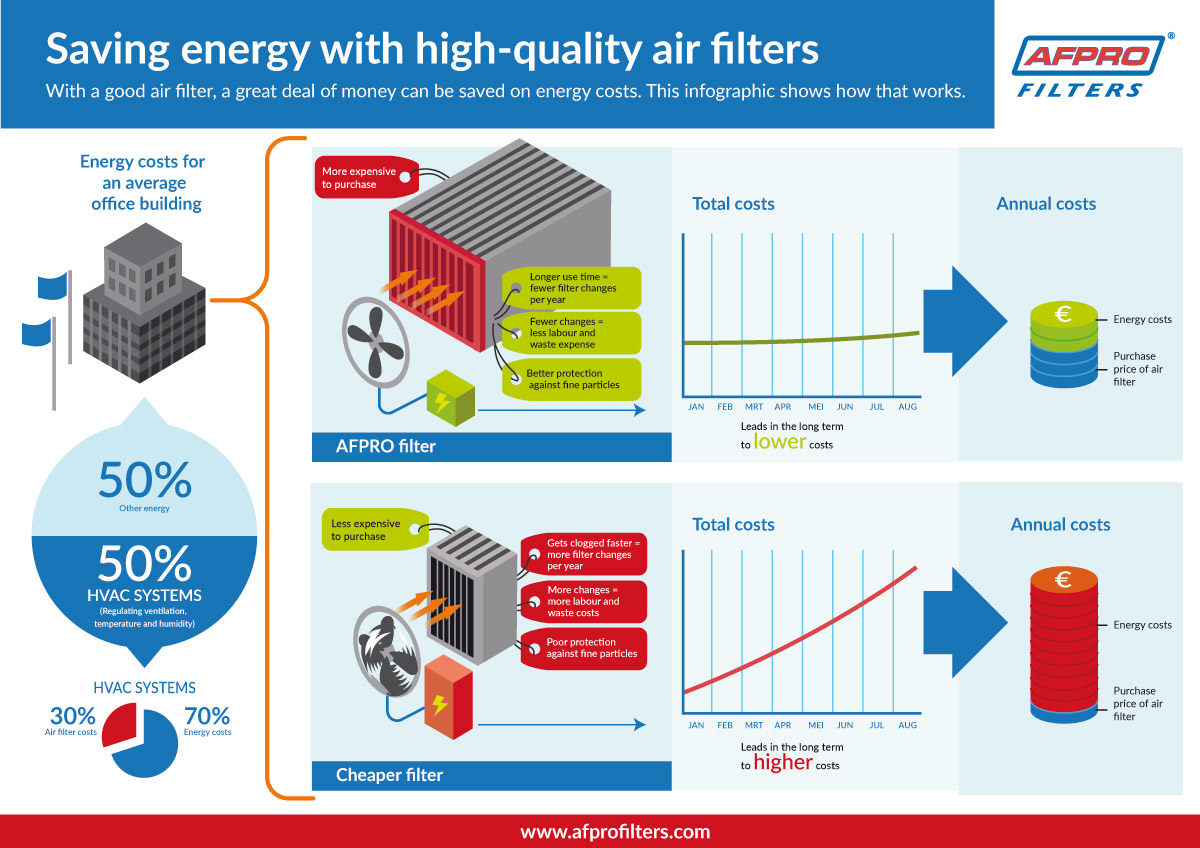The Future Of Home Home Heating - How Heatpump Modern Technology Is Progressing
The Future Of Home Home Heating - How Heatpump Modern Technology Is Progressing
Blog Article
Authored By-David Oliver
Heatpump will be a crucial modern technology for decarbonising heating. In a circumstance constant with federal governments' announced energy and environment commitments, their international capability increases by 2030, while their share in home heating rises to one-quarter.
They function best in well-insulated homes and count on electricity, which can be provided from an eco-friendly power grid. Technological innovations are making them much more reliable, smarter and cheaper.
Gas Cells
Heatpump use a compressor, cooling agent, coils and fans to relocate the air and warm in homes and appliances. They can be powered by solar energy or electricity from the grid. They have been acquiring appeal because of their affordable, quiet procedure and the ability to create electrical power throughout peak power demand.
Some firms, like IdaTech and BG MicroGen, are servicing fuel cells for home heating. These microgenerators can replace a gas boiler and generate some of a home's electric requirements with a link to the electricity grid for the rest.
But there are reasons to be unconvinced of using hydrogen for home heating, Rosenow claims. It would certainly be expensive and inefficient compared to other innovations, and it would certainly include in carbon exhausts.
Smart and Connected Technologies
Smart home technology enables home owners to attach and regulate their tools remotely with making use of mobile phone applications. For instance, wise thermostats can learn your heating choices and automatically adjust to maximize power intake. Smart illumination systems can be regulated with voice commands and immediately turn off lights when you leave the area, lowering power waste. And wise plugs can keep an eye on and handle your electric usage, allowing you to recognize and limit energy-hungry appliances.
The tech-savvy household portrayed in Carina's interview is a great image of how owners reconfigure space heating methods in the light of brand-new smart home modern technologies. They rely upon the devices' automatic features to accomplish everyday modifications and regard them as a convenient ways of performing their home heating techniques. Therefore, they see no factor to adjust their practices further in order to allow versatility in their home power demand, and interventions targeting at doing so may face resistance from these households.
Electrical energy
Since heating up homes represent 13% people emissions, a button to cleaner choices might make a large distinction. But the modern technology encounters challenges: It's pricey and requires considerable home renovations. And it's not always suitable with renewable resource resources, such as solar and wind.
Until just recently, electric heatpump were too costly to take on gas designs in a lot of markets. Yet new developments in layout and products are making them much more budget-friendly. And far better cool climate efficiency is enabling them to function well also in subzero temperature levels.
The next action in decarbonising home heating might be making use of warmth networks, which attract warmth from a main resource, such as a neighboring river or sea inlet, and disperse it to a network of homes or structures. That would lower carbon discharges and permit families to make the most of renewable energy, such as eco-friendly power from a grid supplied by renewables. This option would certainly be less costly than changing to hydrogen, a nonrenewable fuel source that calls for brand-new facilities and would just minimize CO2 discharges by 5 percent if paired with improved home insulation.
Renewable resource
As electrical energy rates go down, we're beginning to see the very same fad in home heating that has driven electric autos into the mainstream-- however at an even faster rate. https://www.bobvila.com/articles/central-ac-not-blowing-cold-air/ for impressive homes has been pressed additionally by new research.
Renewables account for a significant share of contemporary heat usage, yet have actually been offered restricted plan interest globally contrasted to other end-use sectors-- and even less attention than electrical power has. Partially, this mirrors a mix of customer inertia, split incentives and, in numerous nations, aids for nonrenewable fuel sources.
New technologies could make the change much easier. For instance, heat pumps can be made much more power effective by changing old R-22 refrigerants with new ones that don't have the high GWPs of their precursors. Some professionals additionally visualize district systems that draw heat from a close-by river or sea inlet, like a Norwegian arm. installation of heat pumps can then be used for heating & cooling in a community.